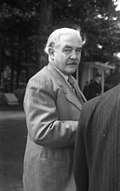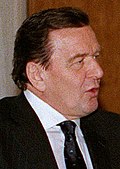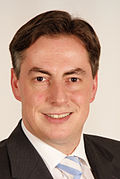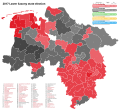This article needs additional citations for verification .(January 2026) |

| This article is part of a series on the |
| Politics of Germany |
|---|
 |
The politics of Lower Saxony takes place within a framework of a federal parliamentary representative democratic republic, where the Federal Government of Germany exercises sovereign rights with certain powers reserved to the states of Germany including Lower Saxony. [1] Since 1948 politics in the state has been dominated by the rightist Christian Democratic Union (CDU) and the leftist Social Democratic Party. Lower Saxony was one of the origins of the German environmentalist movement in reaction to the state government's support for underground nuclear waste disposal. This led to the formation of the German Green Party in 1980.






































